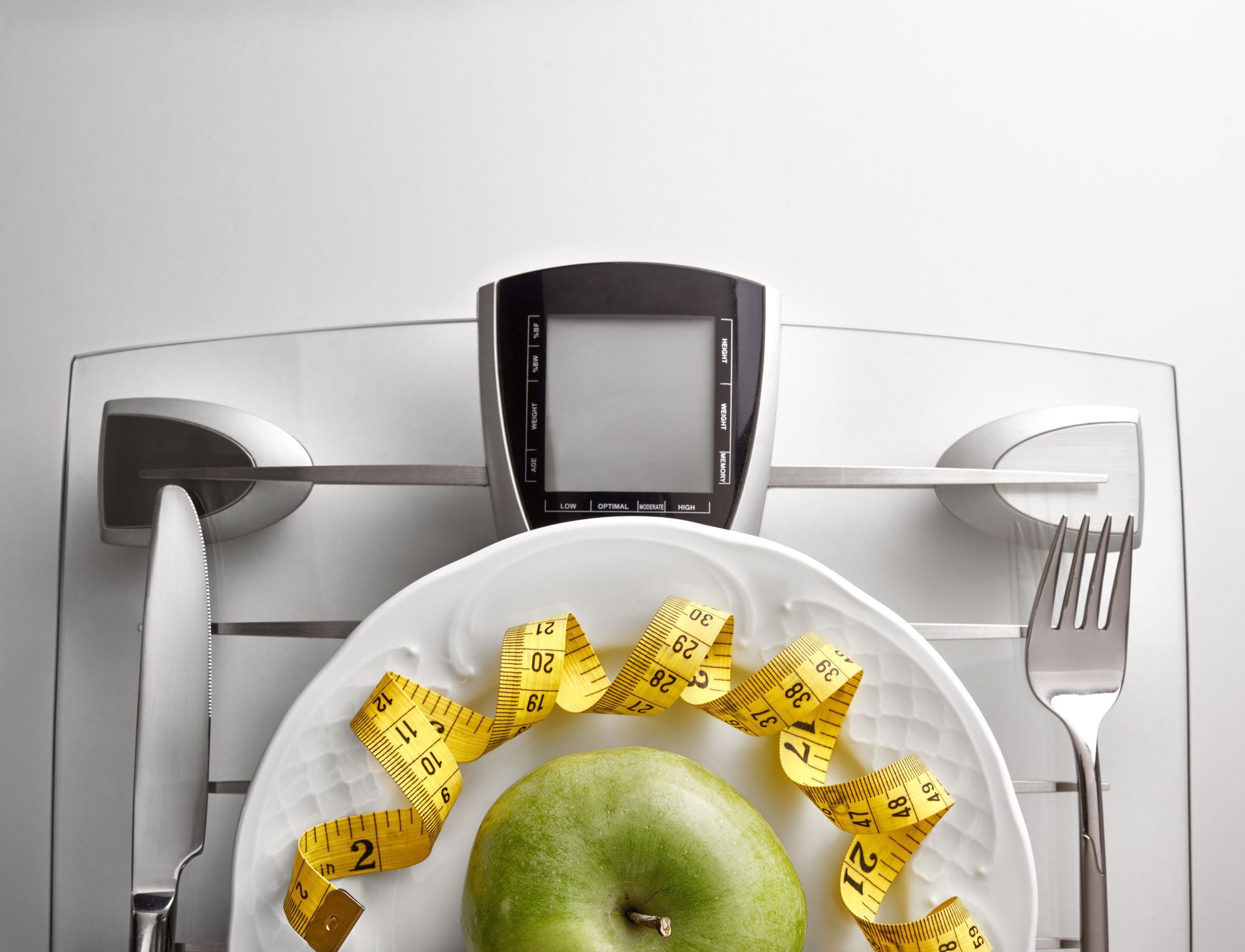An Introduction To DNA Diet Testing

DNA diet is designed to help the health care practitioner in the development of a personalized, nutritional plan suited for individual genetic variations. DNA diet also provides extra insight into the role that each patient's body responds to: carbohydrates, fats and protein. As well as the individual nutrients that are required to maintain our bodies at their optimum level of health, we all need certain carbohydrates and proteins in order to properly function and to avoid illness. But just what are the different types of carbohydrates and proteins? And which ones should you be eating, and which ones should you avoid? Learn about DNA diet testing in this article.
A DNA diet is a nutritional program designed to help you create a better, healthier lifestyle by evaluating your individual DNA. Unlike some programs, which have a pre-determined set of criteria for what you can eat, or a list of 'approved foods', the DNA diet is completely customized, taking into account the specific needs and preferences of the customer. The DNA fitness test is performed by testing the customer's DNA - this means that any differences between your DNA from your partner's DNA, is identified and discussed with you, allowing you to make informed decisions about what foods to eat and what not to.
The DNA diet has been proven to increase your metabolism by activating thermogenesis - a process in which the body generates heat in order to work harder and burn more calories. This increased metabolic rate enables the body to lose weight. Additionally, the DNA diet has been scientifically proven to speed up fat burning, particularly in obese people. In fact, many obese people who have tried the program have lost weight, have kept it off, and even have regained some of the weight they had lost.
Although there has been much research into the benefits of the DNA diet, some companies have begun to question whether it actually measures the genetic make up of the consumer. These companies argue that the human body can alter its genetic make up in any number of ways, through eating certain types of foods, or engaging in certain activities. Many people are very sensitive to these types of arguments and prefer to purchase DNA diet tests that specifically state which types of foods and activities will produce the different results. By using these tests, a consumer can be assured that his or her unique DNA makeup is accurately recorded and can begin the process of improving health.
Some people choose to engage in personalized nutrition by consuming only certain types of food, or even eating certain activities on a consistent basis. This is often referred to as "dieting". Personalized nutrition can also take place in a gym or spa. When doing so, it is important to remember that everyone's different body structures and metabolisms. Therefore, there are no universal rules associated with personalized nutrition. However, when conducting one's own investigation of the various DNA diets available, it is important to consult a DietCypher professional that has experience and knowledge in this area of study.
Some individuals are concerned that DNA testing personalized diets may be used in ways that are deceptive or unfair. There are no laws or regulations preventing companies from selling DNA testing services to the general public. It is important to remember that the consumer is the only one that must be legally protected in the use of these tests. Any DNA test that is conducted should always be performed by DNA laboratories that are accredited by the FDA. The testing of one's DNA should never be conducted by anyone other than a DNA researcher that has been properly trained and certified. When purchasing a DNA test for analysis, consumers should always ensure that they are purchasing from a source that holds absolute legal rights to the DNA tested samples.
An alternative post for more info on the topic here: https://en.wikipedia.org/wiki/Weight_loss.
